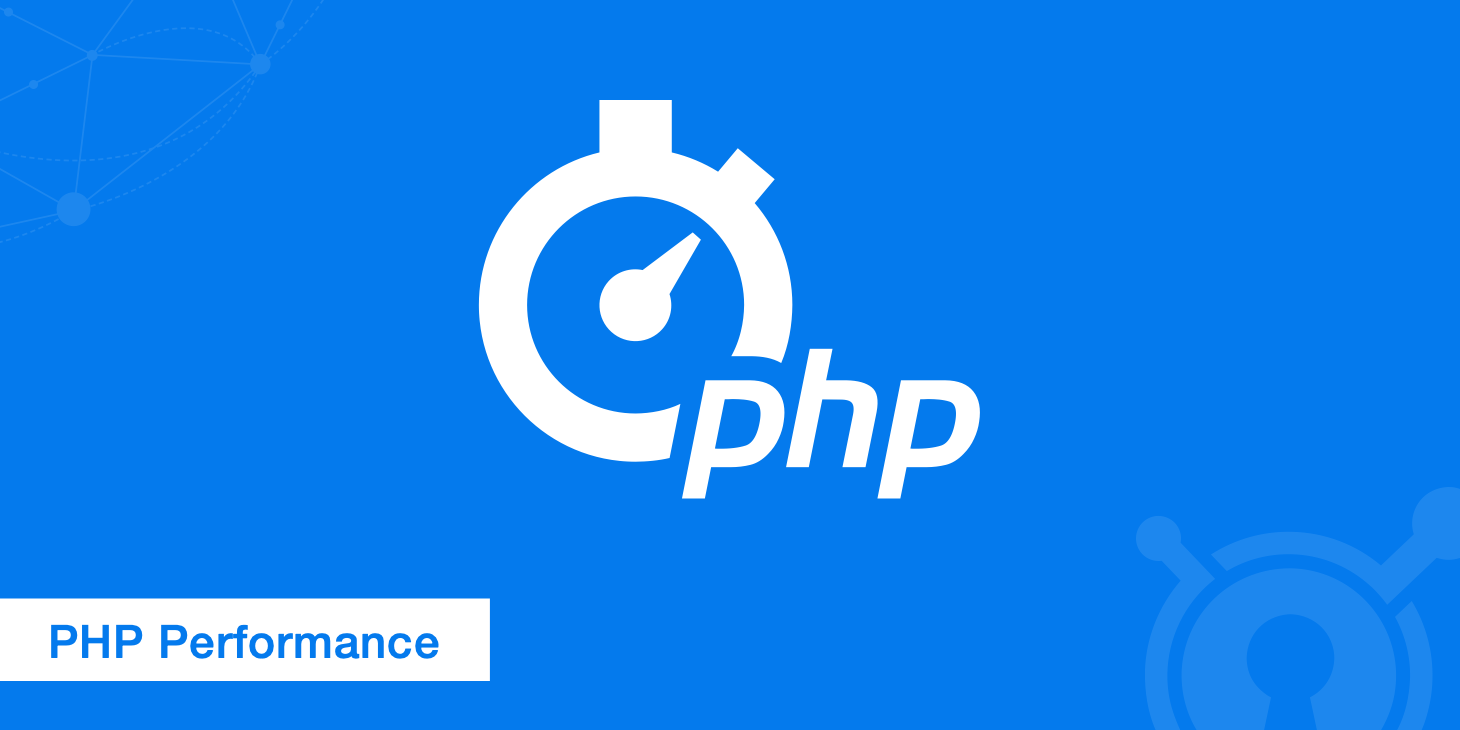Optimizing a PHP application for performance can be a daunting task. There are many settings that need to be tweaked and best practices that need to be followed in order to achieve the best performance. This article will provide a high level overview of a few tips and best practices that can be used to optimize a PHP application for performance.
What is PHP?
PHP is an open-source scripting language that is primarily used in web development to create dynamic websites and web applications. PHP is used to create websites using HTML, CSS, and JavaScript, as well as to build the back-end functionality of applications.
In order for PHP to run efficiently, it is important to optimize the application for performance. This means ensuring that the code and the underlying server are configured in a way that maximizes the performance of the application.
PHP Performance Optimization Tips
There are a number of tips and best practices that can be used to optimize a PHP application for performance. Some of the most important tips are listed below:
1. Optimize MySQL Queries
MySQL is an open-source relational database management system (RDBMS) used to store data. MySQL queries can be optimized to ensure that the queries are running efficiently and that the data is retrieved quickly. Some of the ways to optimize MySQL queries include:
- Use proper indexing- Indexes provide quick access to the data and can improve the performance of queries significantly.
- Use proper query optimization- Proper query optimization can reduce the amount of time it takes to execute a query.
- Reduce bulky queries- Bulky queries can cause performance issues. Reducing the number of queries can help to improve performance.
2. Use Caching
One of the most effective ways to improve performance is to use caching. Caching is used to store data in memory so that it can be quickly retrieved when needed. Caching makes it possible to reduce the need for complex and time consuming calculations, as well as to speed up the loading of dynamic content.
There are many ways to use caching in a PHP application, including:
- Object Caching: Object caching is used to cache objects in memory instead of recalculating or re-loading them. Object caching can improve the performance of applications significantly.
- Full Page Caching: Full page caching helps to reduce the time required to retrieve a page from the server. This makes it possible to improve the loading time of applications significantly.
- HTML Caching: HTML caching involves caching the HTML output of pages, so that they do not need to be regenerated each time they are requested. This also has the potential to significantly improve performance.
3. Optimize Code
An important part of optimizing a PHP application for performance is to ensure that the code is optimized for efficiency. This means ensuring that code is written in a way that is optimized for the best possible performance. Some of the ways to optimize code include:
- Use the latest version of PHP- Using the latest version of PHP can ensure that the code is as efficient as possible.
- Remove redundant code- Removing redundant code can reduce the amount of time required to run the code, thus improving performance.
- Optimize loops- Loops can be optimized to ensure that unnecessary calculations are not performed.
- Make use of multi-processing- Multi-processing allows for multiple processes to run simultaneously, making it possible to improve the performance of applications significantly.
4. Use the Right Tools
Using the right tools is essential for optimizing a PHP application for performance. There are a number of tools that can be used to analyze performance, including:
- Xdebug: Xdebug is a PHP debugging and profiling tool that can be used to analyze the performance of an application.
- XHProf: XHProf is a profiling tool that can be used to analyze the performance of code and identify potential issues.
- Blackfire: Blackfire is a profiling tool that can be used to identify costly operations and optimize them for better performance.
5. Monitor Performance
Finally, it is important to monitor the performance of the application. Monitoring the performance of the application can help to identify areas that need to be optimized, as well as potential issues that could be impacting performance. This can be done using a number of tools, such as uptime tools, application performance monitors (APMs), and custom metrics.
Optimizing a PHP application for performance is an important task that requires thought and careful consideration. By following the tips and best practices laid out in this article, it is possible to improve the performance of a PHP application significantly. From optimizing MySQL queries and using caching to optimizing code and using the right tools, following the tips outlined in this article can help to ensure that the application is running as efficiently as possible.

